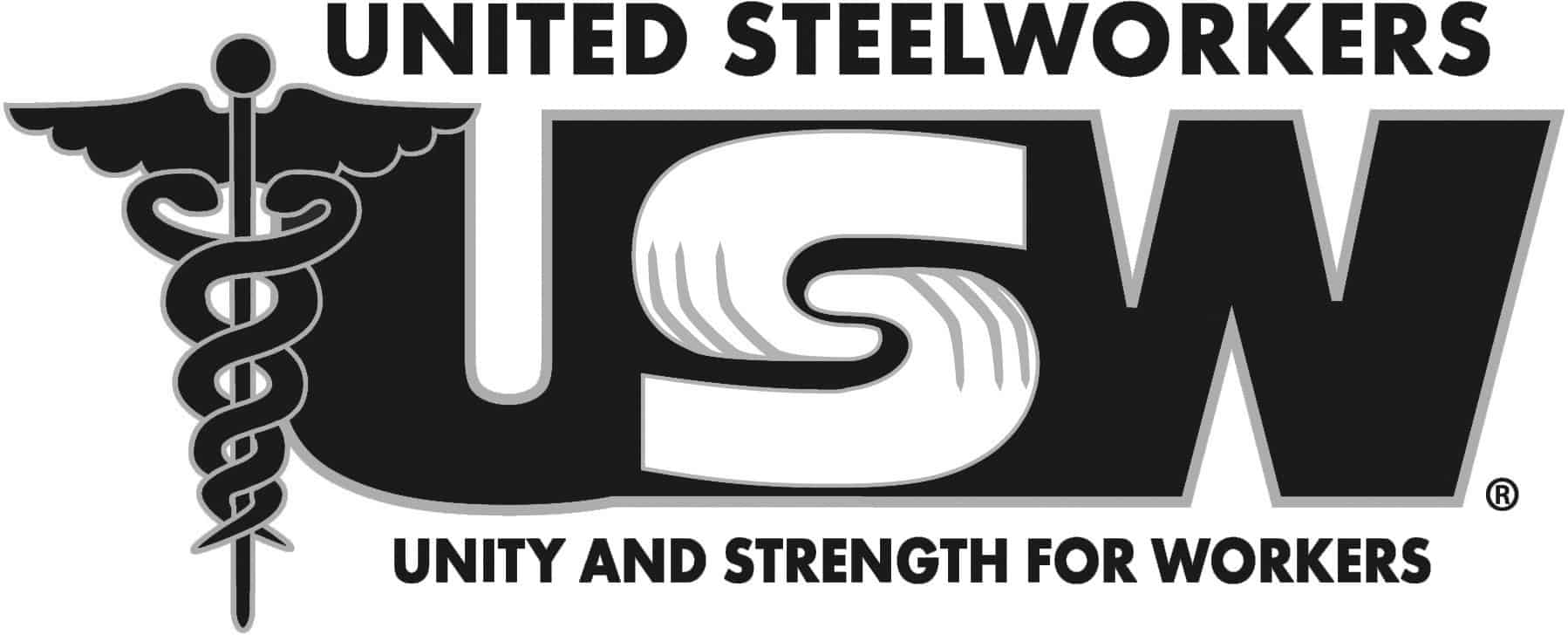United Steelworkers’ Local 1998, a union representing some University of Toronto staff, has been investigated by a commission from the International union.
The commission’s findings include improper and unapproved spending by the local officers and staff, double payments and overpayments to the same officers and staff, and negligent reporting of finances to the membership.
USW Local 1998 represents university administrative and technical staff, casual staff, and staff from Victoria University, University of St. Michael’s College, and University of Toronto Schools.
A can of worms
USW International president Leo Gerard appointed the commission to investigate financial issues raised about USW Local 1998 on January 19. A hearing took place over four days starting on January 26 in Toronto. The commission released a report to the membership on February 12, which included eight recommendations to the USW International President and Executive Board.
According to the Commission’s Report, which was obtained by The Varsity, auditors first raised concerns about the Local’s conduct in an Interim Audit Report dated December 2014.
Auditors found that “hundreds of thousands, if not millions, of dollars” were spent without proper approval from the membership between 2009-2014.
This was exacerbated by negligent reporting of finances to the union membership over the same period, and the lack of financial oversight by a financial secretary. The Local was also found to have been operating without an approved budget, and to be spending more than the union’s income.
The Interim Audit Report also raised concerns with the conduct of specific union members. Local 1998 president Paul Tsang was found by auditors to have received double payments, and not to have followed receipting procedures for reimbursements. Auditors had questions about approximately $26,000 of payments to Tsang between 2009-2014, during which time he held the roles of both vice president and president.
Tsang reported to the auditors and the commission that the payments were accounted for by a “standing order” from the membership — a procedure not recognized according to USW rules.
Concerns were also raised by the commission about Tsang’s cooperativeness in producing documents for auditors.
In a letter to officers of the Local that was obtained by The Varsity, Gerrard indicated that the hearing was meant to inform a path toward restoring compliance at the Local.
“The hearing will address what measures may be necessary to (i) correct possible corruption or financial malpractice, (ii) assure the performance of collective bargaining agreements and other duties of a bargaining representative, (iii) restore democratic procedures, and (iv) otherwise carry out the legitimate objects of the International Union and Local Union 1998,” Gerard writes in the letter.
Investigation to administration
After four days of hearings, including interviews with many Local executives, the commission found that the concerns raised by the auditors were well-founded. The Commission’s Report contains eight recommendations to the USW International president and executive committee.
The most drastic recommendation was the immediate appointment of an administrator to take over “full charge” of the Local.
The administrator will have total authority over union operations. The commission additionally recommended that all Local officers be removed but “temporarily reappointed” to their positions.
The commission indicated that, in the case of Tsang, it would be left to the discretion of the administrator whether to temporarily reinstate him as president of the Local.
In recommendations specifically geared toward Tsang, the commission indicated the opinion that Tsang had committed egregious offenses while with the Local.
“While a number of Local 1998 Officers have been guilty of not living up to their obligations under the USW’s International Constitution, By-Laws and policies, Tsang has been the leading violator, including impeding the efforts of the International’s Auditors to obtain basic information about the Local’s finances and operations,” the commission wrote on page 28 of the report.
The commission’s other recommendations all serve the purpose of returning Local 1998 to a functioning state consistent with the bylaws and constitution of USW. As part of these recommendations, the administrator will have the authority to recommend an election for officer positions “within a reasonably short period of time.”
Until that election takes place and the new executive is deemed “fully trained and committed to honour its obligations under the USW constitution and bylaws,” Wyatt has authority over all elected officials.
In the meantime, basic procedures that had been neglected by the Local will be restored. Under the administratorship, Local 1998 must present a “detailed, balanced budget” and fill holes in accounting and financial oversight.
Despite the concerns raised and the measures put in place to correct malpractice at the union, the commission expressed optimism that the Local is not beyond repair, given the right resources.
“It is our hope and belief that with the support and participation of the Local Union 1998 Executive and membership, that the period of International oversight can be of a limited duration and that the Local Union will emerge strengthened and with substantially increased membership participation in its myriad responsibilities and activities,” the Commission Report concludes.
USW 1998 is currently working on a campaign to stop program cuts at Ontario Institute for Studies of Education (OISE) until faculty, staff and students are consulted in a “full and transparent decision making process.”


